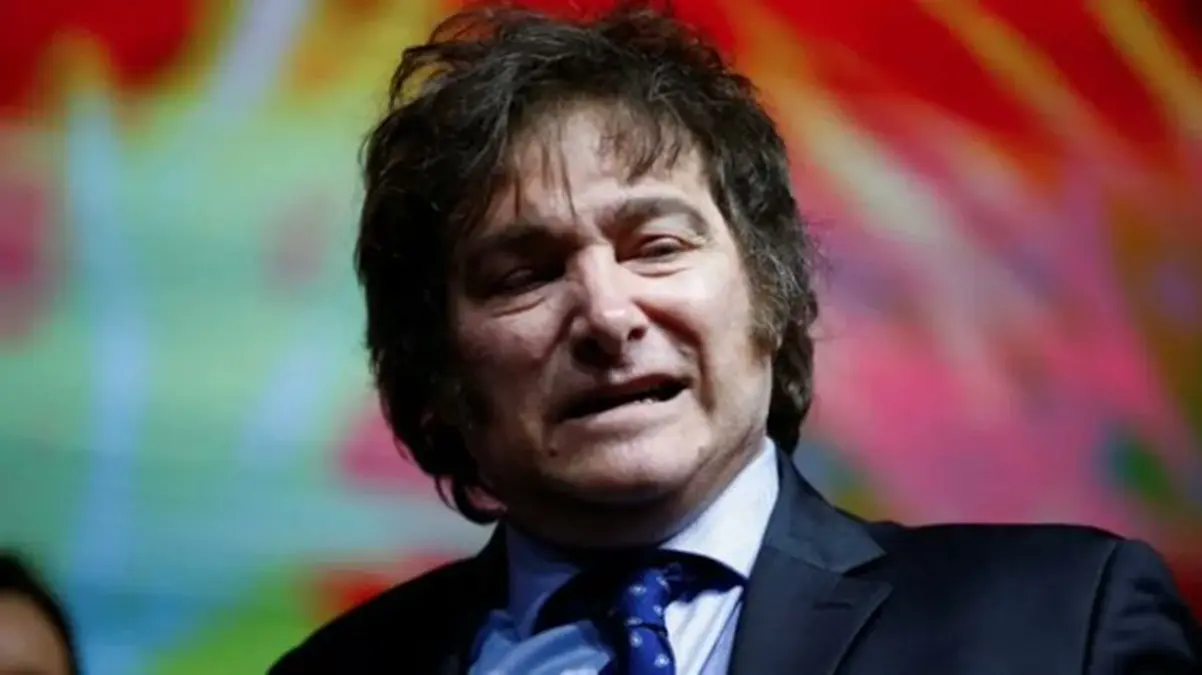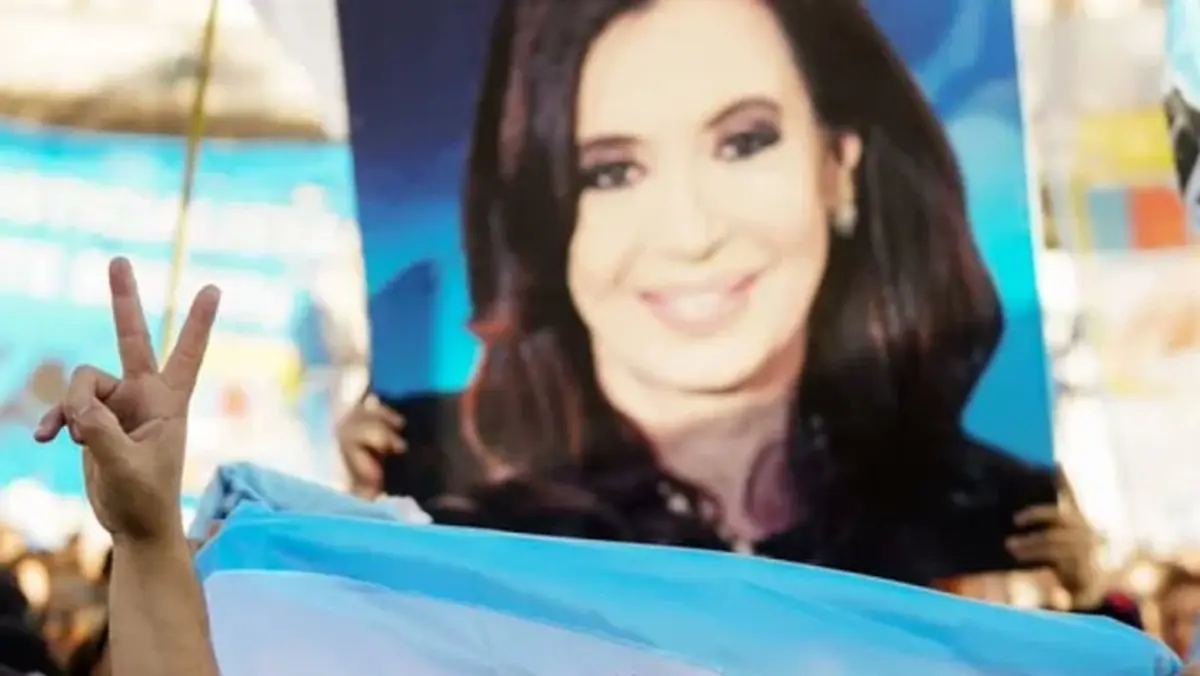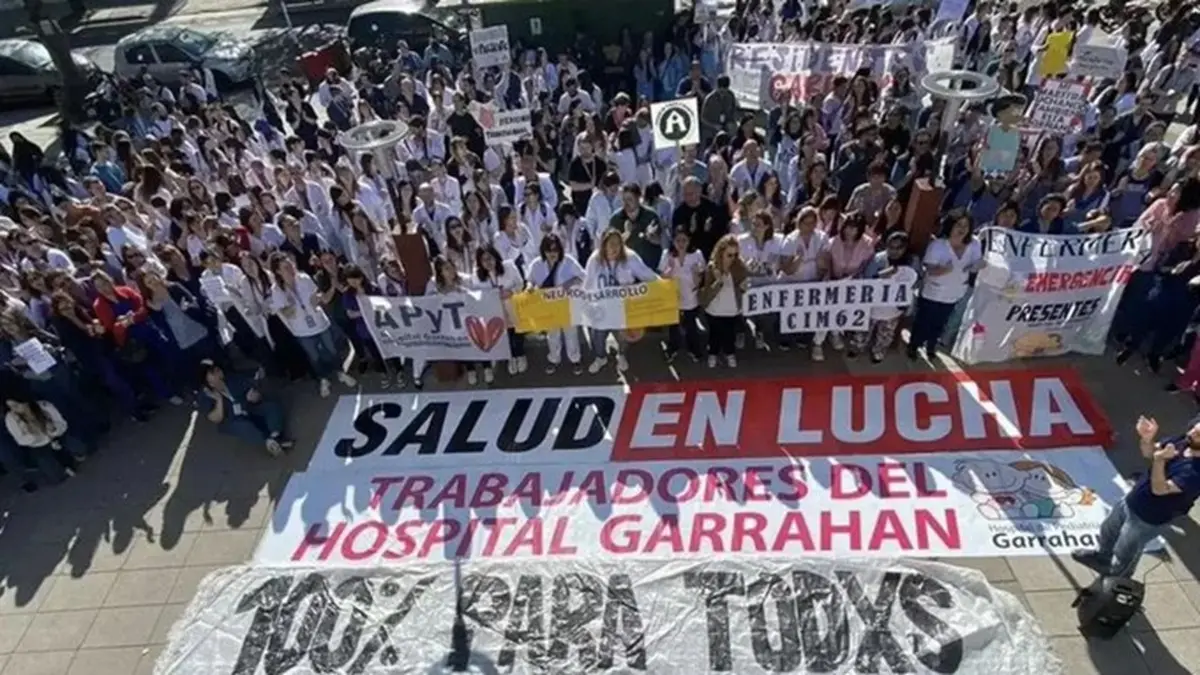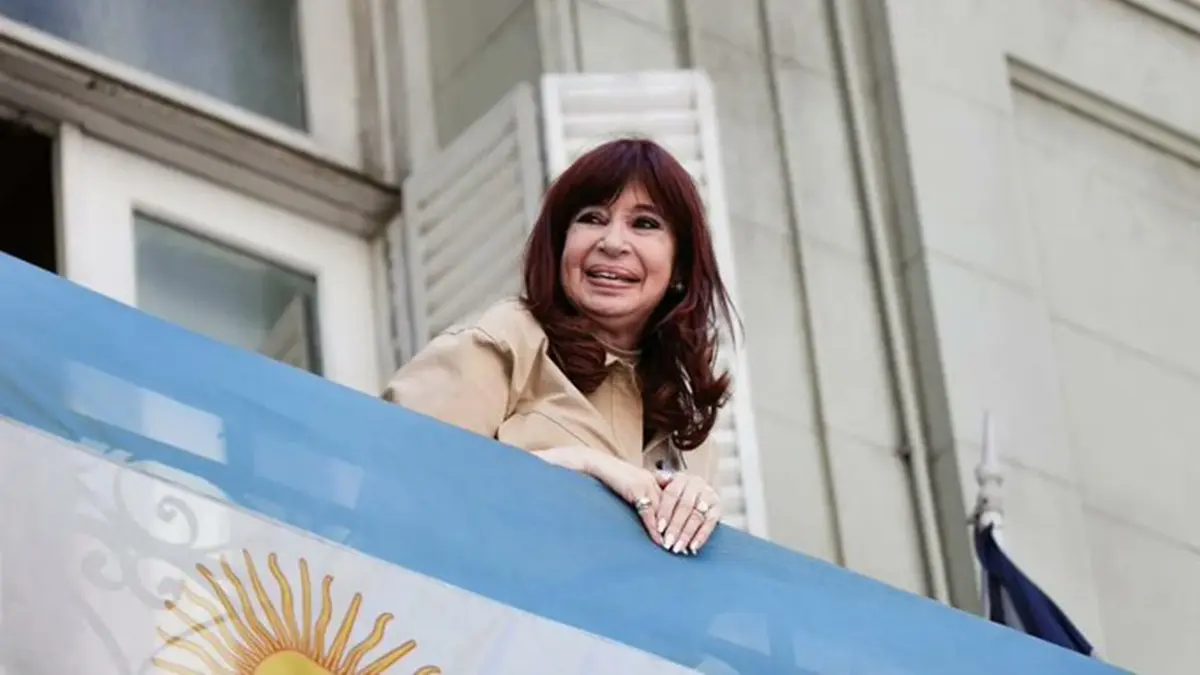Argentina Supreme Court Ruling: Justice Served or Political Takeover Against Cristina Kirchner?
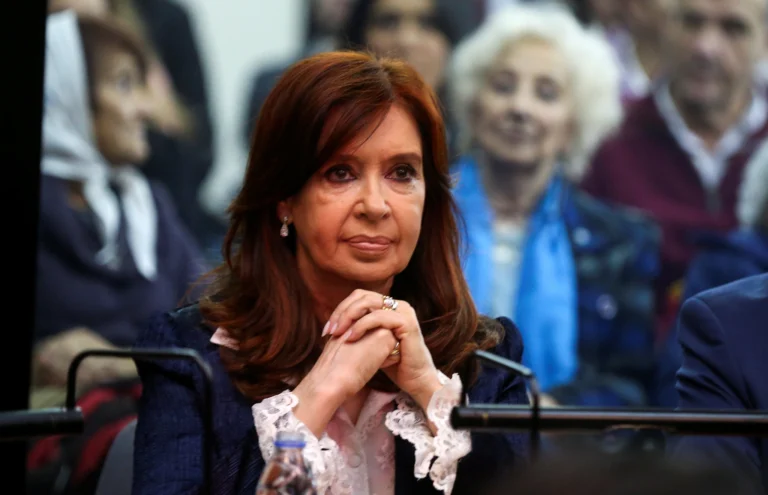
June 12, 2025 Hour: 4:27 pm
Argentina’s political landscape has been irrevocably altered after the country’s Supreme Court upheld a six-year prison sentence and a lifetime ban from public office for former President Cristina Fernandez de Kirchner.
Does the Supreme Court’s ruling mark the end of Cristina Fernandez de Kirchner’s political career?
The June 10, 2025, decision upholds her six-year prison sentence and lifetime disqualification from office, making her the second democratically elected Argentine president convicted on corruption charges, but will it truly erase her influence, or merely deepen her myth as a politically persecuted?
Has justice been served, or has Argentina’s judiciary become a battleground for political revenge? The verdict has ignited fury among Kirchner’s supporters, who see it as a targeted assault on Peronism, while her opponents celebrate it as long-overdue accountability.
Yet beyond the immediate protests and clashes, what does this ruling reveal about the independence of Argentina’s courts, and who really benefits from her removal from the political arena?
The Vialidad Case: A Decade-Long Legal Battle
The Vialidad case, initiated in 2008, originally focused on Néstor Kirchner, Cristina Fernández de Kirchner’s late husband and former president.
Prosecutors alleged that during her two presidential terms (2007-2015), Cristina Kirchner oversaw a scheme that funneled public works contracts in Santa Cruz province, the Kirchners’ political stronghold, to businessman Lázaro Báez.
According to the indictment, 79% of 51 road construction projects in Santa Cruz were awarded to Báez’s companies, Austral Construcciones, despite his lack of experience in the sector.
Investigators found that only two of these projects were completed on time, half were never finished, and the state lost an estimated $1 billion due to overpricing and mismanagement.
The court ruled that Kirchner was guilty of “fraudulent administration,” though it dismissed the more severe charge of leading a criminal organization.
Báez and seven other former officials, including ex-Public Works Secretary José López, infamous for being caught throwing bags of cash into a convent, were also convicted.
The legal process was reactivated in 2016 under then-President Mauricio Macri, a political rival of Kirchner. After years of hearings, in 2022, a federal court sentenced her to six years in prison and barred her from holding public office.
Cristina appealed, but the Supreme Court’s unanimous decision to uphold the conviction has now closed all legal avenues for her.
Cristina Kirchner’s Defense: Claims of Lawfare and Political Persecution
Kirchner, a dominant figure in Argentine politics for two decades, has consistently denied the charges, framing the case as lawfare, a term used to describe the weaponization of the judiciary for political ends.
She draws parallels to the legal battles faced by other left-wing Latin American leaders, such as Brazil’s Luiz Inácio Lula da Silva and Ecuador’s Rafael Correa.
Her defense argues that a president cannot be held personally responsible for public tender processes, which involve multiple bureaucratic layers. She also notes that the budgets in question were approved by Congress and executed by the Chief of Cabinet, not the presidency.
Legal experts aligned with her position highlight the absence of direct evidence linking her to the contract awards, suggesting the conviction relies on circumstantial inferences.
Following the ruling, Cristina Kirchner delivered a fiery speech outside her party’s headquarters, calling the Supreme Court justices “puppets” serving powerful economic interests.
“They’re three puppets answering to those ruling far above them,” she declared, implying that her rival, libertarian President Javier Milei, had influenced the verdict.
Political Fallout: A Nation Divided
The ruling has deepened Argentina’s political schism. Kirchner’s supporters, including major labor unions, student groups, and social movements, have taken to the streets, blocking major avenues and occupying university buildings.
The General Confederation of Labor (CGT), Argentina’s largest union, issued a statement warning that “democracy is in danger,” while Peronist factions declared a “state of alert and mobilization.”
Conversely, President Milei, a fierce critic of Kirchner’s economic policies, celebrated the decision with a succinct tweet: “Justice. End.” His libertarian base views the conviction as a long-overdue reckoning for the corruption and fiscal mismanagement they blame for Argentina’s chronic inflation and economic instability.
The timing of the ruling is particularly contentious. Just days before the Supreme Court’s decision, Kirchner announced her intention to run for a congressional seat in Buenos Aires province in the September 7 elections, a move that would have granted her parliamentary immunity.
The lifetime ban excludes her from electoral politics by preventing her candidacy.
Regional Reactions: Solidarity from the Left, Silence from Others
The verdict has reverberated beyond Argentina’s borders. Left-wing leaders in Latin America, including Cuba’s Miguel Díaz-Canel and Venezuela’s Nicolás Maduro, have voiced strong support for Kirchner.
Díaz-Canel called the ruling “politically motivated judicial persecution,” while Venezuela’s government condemned it as a “political and judicial coup,” framing it as part of a broader attack on progressive movements in the region.

Mexico’s President Claudia Sheinbaum expressed solidarity but stopped short of joining a collective regional statement. “We feel it’s more of a political conflict,” she remarked, reflecting the cautious stance of some left-leaning governments wary of directly challenging Argentina’s judiciary.
What Political Realities Emerge Now?
At 72, Kirchner is unlikely to serve time in a conventional prison; Argentine law permits house arrest for individuals over 70. However, she must formally report to court within five business days to begin her sentence. The bigger question is how her absence will reshape Argentine politics.
Peronism, the country’s dominant political force for decades, now faces a leadership vacuum. Without Kirchner at the helm, the movement may fracture, giving Milei’s government more room to advance its austerity agenda.
Kirchner’s loyal base remains fervent, signaling her enduring influence despite dwindling legal options.
The Vialidad case is more than a corruption trial, it is a defining moment in Argentina’s democratic history. For some, it represents accountability; for others, persecution. As the country grapples with economic turmoil and political polarization, the fallout from this ruling will shape its future for years to come.
Author: Silvana Solano
Source: teleSUR



